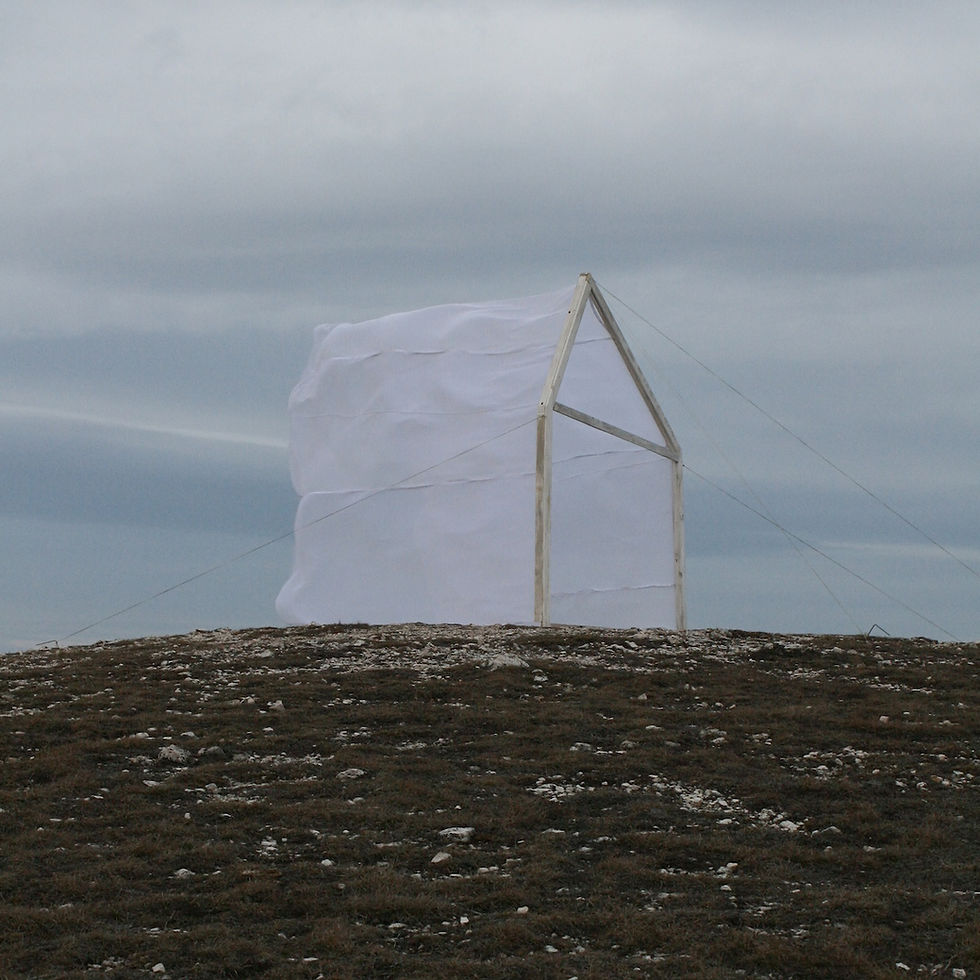REVIEW: For Those I Love - Carving The Stone
- anchristie89
- Aug 14, 2025
- 2 min read

There's something almost impossible about following up a record like For Those I Love's 2021 self-titled debut. Some albums are so complete in their emotional excavation that the inevitable question becomes: what comes next?
David Balfe's answer arrives three years later in the form of "Carving The Stone," shifting from the microscope of introspection to a wide-angle lens trained on the Dublin streets that shaped him, channelling his spoken-word intensity toward the forces reshaping his city beyond recognition.
Where his debut turned inward, excavating the wreckage of loss and rebuilding something beautiful from the debris, this sophomore effort gazes outward at a city being hollowed out by forces beyond any individual's control. The result feels like watching Balfe evolve from chronicler of personal devastation to documentarian of collective struggle, his spoken-word delivery now carrying the weight of an entire generation's frustrations.
The opening title track establishes this shift immediately, Balfe's voice floating over churning electronics as he paints vivid portraits of Dublin's walking wounded: "Smashed in the head outside a creche with his son in his hands / left with a phone in his pocket with two calls from his Mam." These aren't abstract political statements but flesh-and-blood vignettes, each one landing with the brutal force of human cost made visible.
Musically, Balfe has sharpened his production instincts, crafting soundscapes that feel more intentional and less cathartic than before. "No Scheme" builds around a relentless loop that mirrors the grinding repetition of working-class existence, while "Mirror" erupts into something approaching techno fury - fourteen shouted expletives that feel less like lyrical choice than primal scream. The beats hit harder because they need to; they're carrying more weight now.
The genius of "Carving The Stone" lies in Balfe's ability to make the political deeply personal. When he spits "Where's the pride in this city? I won't survive in this city" on "This Is Not The Place I Belong," it's not a manifesto but a man caught between love and survival, between staying loyal to a place that's pricing him out and preserving his own sanity. The contradiction is never resolved because it can't be. The central tension of modern urban existence.
The album's emotional arc follows a different trajectory than its predecessor. Where the debut moved from darkness toward something resembling peace, "Carving The Stone" navigates between anger and resignation, occasionally surfacing for moments of defiant hope. Balfe's delivery remains his greatest weapon - that thick Dublin accent cutting through the mix with conversational intimacy even when discussing systemic violence. He's perfected the art of making the listener feel like they're overhearing private thoughts, whether he's raging against "cunting blackshirts" or quietly observing Sunday morning rituals with his grandfather. The voice never wavers into performance; it remains resolutely human.
The album's final statement, "I came back to see the stone had moved", serves as both title and thesis. It's a recognition that change is inevitable, that the places we love don't remain static while we're busy living our lives. But it's also a commitment to bearing witness, to carving meaning from the stone even as it shifts beneath your feet.



Comments